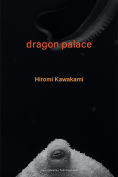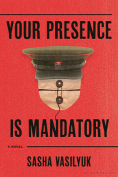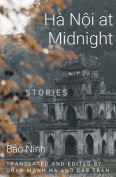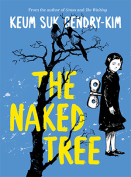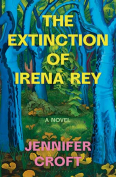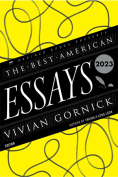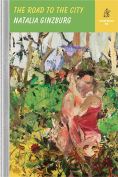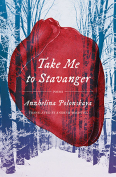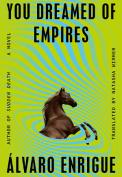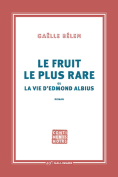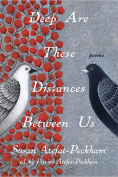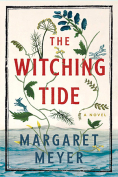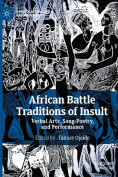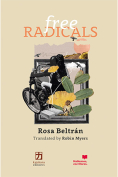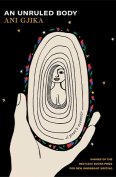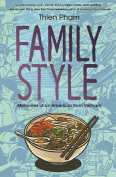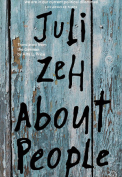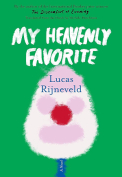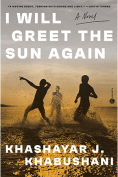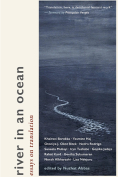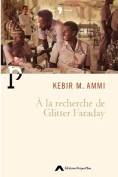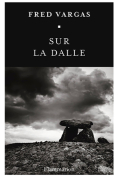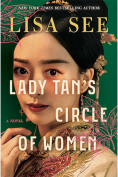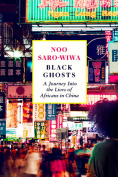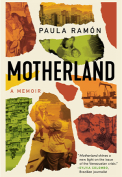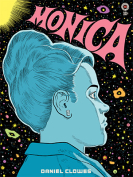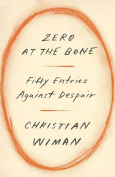The Best American Essays 2023
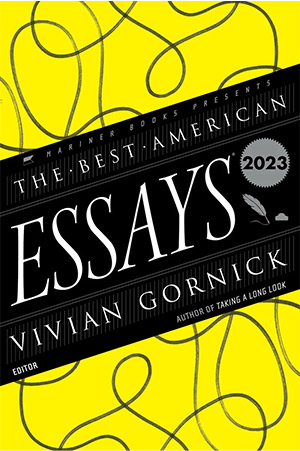 New York. Mariner Books. 2023. 288 pages.
New York. Mariner Books. 2023. 288 pages.
For any essay lover, a highlight of the literary calendar is the publication of the year’s Best American Essays volume. The 2023 edition is the thirty-eighth in the series, and it matches the standard of excellence set by its predecessors. While every year’s selection is different, the organizing principle behind each one remains the same. Series editor Robert Atwan scans the periodical literature for what he describes as “a selection of the year’s outstanding essays.” He’s looking for “works of literary achievement that show an awareness of craft and a forcefulness of thought.” A list of around one hundred possibilities is then passed on to a guest editor, who decides what should be included in the volume.
Vivian Gornick, 2023’s guest editor, is the most recent in a long line of distinguished literary figures who have taken on this role. As well as making their selections, guest editors contribute an introduction that says something about how they handled their assignment, and their take on the mercurial genre with which the series is concerned. In fact, it would be hard to find a better introduction to the art of the essay than what is provided in the guest editors’ introductions (and the series editor’s forewords) over the course of the years. Cumulatively, they cast a great deal of light on the nature of the essay form.
To say what an essay is “about” always undersells it. Yes, in one sense, The Best American Essays 2023 contains essays that are about addiction, adoption, aging, anorexia, Bambi, bereavement, concision, gender, Los Alamos, marriage, mental illness, prison life, racism, sex, and writing. Although giving such a raw listing of subject matter may indicate the volume’s pleasingly diverse spread of material, it also risks creating a kind of Procrustean bed—where the idea of an essay is stretched or trimmed to fit a topic, with the expectation that it will address it in the manner of an article. That essays, whatever they are (and they are notoriously hard to define), are not articles becomes quickly evident when you read good ones, like the selection offered here.
In the preface to what remains a key reference book for the genre—the Encyclopedia of the Essay, edited by Tracy Chevalier—Graham Good suggests that “at heart, the essay is the voice of the individual.” That catches something important about the nature of this kind of writing. It is the individuality—and authenticity—of the voices speaking to us, the particular personal perspectives they offer on whatever it is their speakers are concerned with, that gives the twenty-one essays in The Best American Essays 2023 their power, rather than their topics per se. Echoing Good’s point, Vivian Gornick ends her introduction by assuring readers that the selection she has chosen is full of voices, “real voices.” Listening to them is like being invited to share in a whole range of conversations. The turns they take are enlightening, amusing, unexpected, and sometimes shocking. The talk is easy and informal, always clear, often lyrical—a world away from the specialized jargon of a scholarly article. The authors are from all sorts of backgrounds. They represent a very varied range of interests and insights. But they share one vital characteristic: they know what they’re talking about and have the ability to share it in an engaging and accessible manner. Without exception, these are voices worth listening to.
Robert Atwan notes in his foreword that “literary magazines form the foundation of our creative writing.” In addition to showcasing twenty-one fine pieces of prose, The Best American Essays 2023, like its sister volumes, provides readers with a stimulating sampler from the many literary magazines that flourish in North America. The twenty-one essays selected for reprinting in the volume are drawn from eighteen different magazines (with two essays apiece coming from the Chicago Quarterly Review, New England Review, and Sewanee Review). The selection of the year’s “Notable Essays and Literary Fiction,” compiled by Robert Atwan and occupying the final pages of the book, identifies many more of the magazines that play such an important role in fostering good essay writing. World Literature Today is, unsurprisingly, among the publications listed.
After initiating the series in 1986 and overseeing its publication every year since then, Robert Atwan is finally stepping down. The 2024 volume will see Kim Dana Kupperman taking over as the new series editor. To have guided the series so successfully over so many years is an impressive literary achievement. One hopes that retirement from his editorial role may allow Mr. Atwan time to write more on a form that’s obviously close to his heart and about which he has unrivaled knowledge.
Looking back to the first volume in the series, The Best American Essays 1986, Elizabeth Hardwick—the inaugural guest editor—made the point that the word “best” in the book’s title should be thought of as “some of the best.” The same point is echoed by the present guest editor, who is pleasingly open about the fact that the essays chosen “are simply the ones that gave me great pleasure, or moved me for reasons I can’t readily articulate, or were so indisputably well written I had no choice but to include them.” Vivian Gornick surely speaks for any of the series’ thirty-eight guest editors when she stresses that “another editor might, with equal justification, have chosen an entirely different set of selections that would have been as satisfying as this one.” This, she says, is because we’re fortunate to be living at a time when “there is an abundance of superior essay writing being done.”
Robert Atwan can, I think, take some of the credit for fostering this abundance and, through the pages of this splendid series, bringing it to the attention of a wider audience.
Chris Arthur
St. Andrews, Scotland

